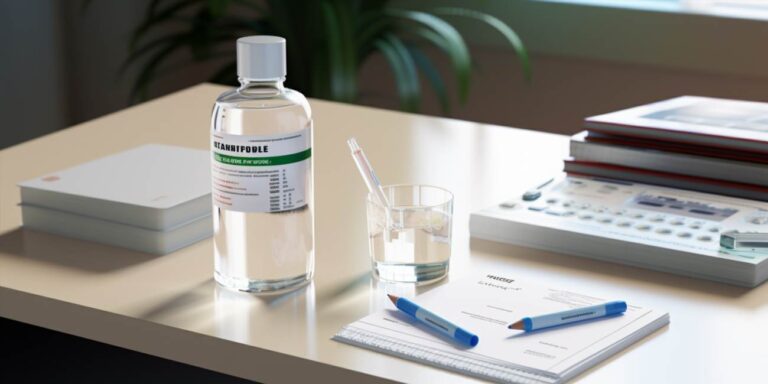Celiac disease is a chronic autoimmune disorder that affects the digestive system. It is triggered by the consumption of gluten, a protein found in wheat, barley, and rye. If you suspect you may have celiac disease or have been diagnosed with it and want to monitor your condition at home, there are several methods you can use for testing. This article will guide you through the process of testing for celiac disease in the comfort of your own home.
Testing options
There are various approaches you can take when it comes to testing for celiac disease at home. Keep in mind that these tests are not a replacement for a formal diagnosis by a healthcare professional, but they can provide valuable insights.
1. at-home celiac disease test kits
One of the easiest and most convenient ways to test for celiac disease at home is by using at-home test kits. These kits are available for purchase online or at some pharmacies. They typically involve a simple blood sample that you can collect yourself. The kit will provide instructions on how to do this and how to send the sample to a lab for analysis. The lab will then test for specific antibodies associated with celiac disease.
2. gluten elimination diet
Another method is to conduct a gluten elimination diet at home. This involves removing all sources of gluten from your diet for a period of time, typically several weeks to a few months. During this time, you can keep a journal of your symptoms and how they change. If you experience significant improvements in your health during the gluten-free period and then a return of symptoms when you reintroduce gluten, it may suggest celiac disease.
3. genetic testing
Genetic testing can be done at home by using a DNA testing kit. This will not diagnose celiac disease itself but can tell you if you have the genetic markers associated with an increased risk of developing the condition. Keep in mind that many people with these genetic markers do not necessarily develop celiac disease, so it’s not a definitive diagnosis.
Consultation with a healthcare professional
If any of the at-home tests suggest that you may have celiac disease, it’s crucial to consult with a healthcare professional. They can perform further tests, including endoscopy and biopsy, to confirm the diagnosis. It’s essential not to start a gluten-free diet before a formal diagnosis, as this can affect the accuracy of subsequent tests.
Faqs
Q1: can i self-diagnose celiac disease at home?
A1: While at-home tests and a gluten elimination diet can provide valuable information, a formal diagnosis should be made by a healthcare professional.
Q2: are at-home celiac disease test kits accurate?
A2: At-home test kits can provide an indication, but their accuracy may vary. Consult with a healthcare professional for a definitive diagnosis.
Q3: is it necessary to have a genetic test for celiac disease?
A3: Genetic testing can identify genetic markers, but it does not diagnose celiac disease. It may help determine your risk but should not replace other diagnostic methods.
Q4: what if i suspect celiac disease but test results are inconclusive?
A4: If you have symptoms and inconclusive test results, consult with a healthcare professional for further evaluation and testing.
In conclusion, testing for celiac disease at home can provide initial insights, but a formal diagnosis should always be sought from a healthcare professional. If you suspect you have celiac disease, don’t hesitate to reach out to a medical expert for guidance and accurate diagnosis.
See also:





